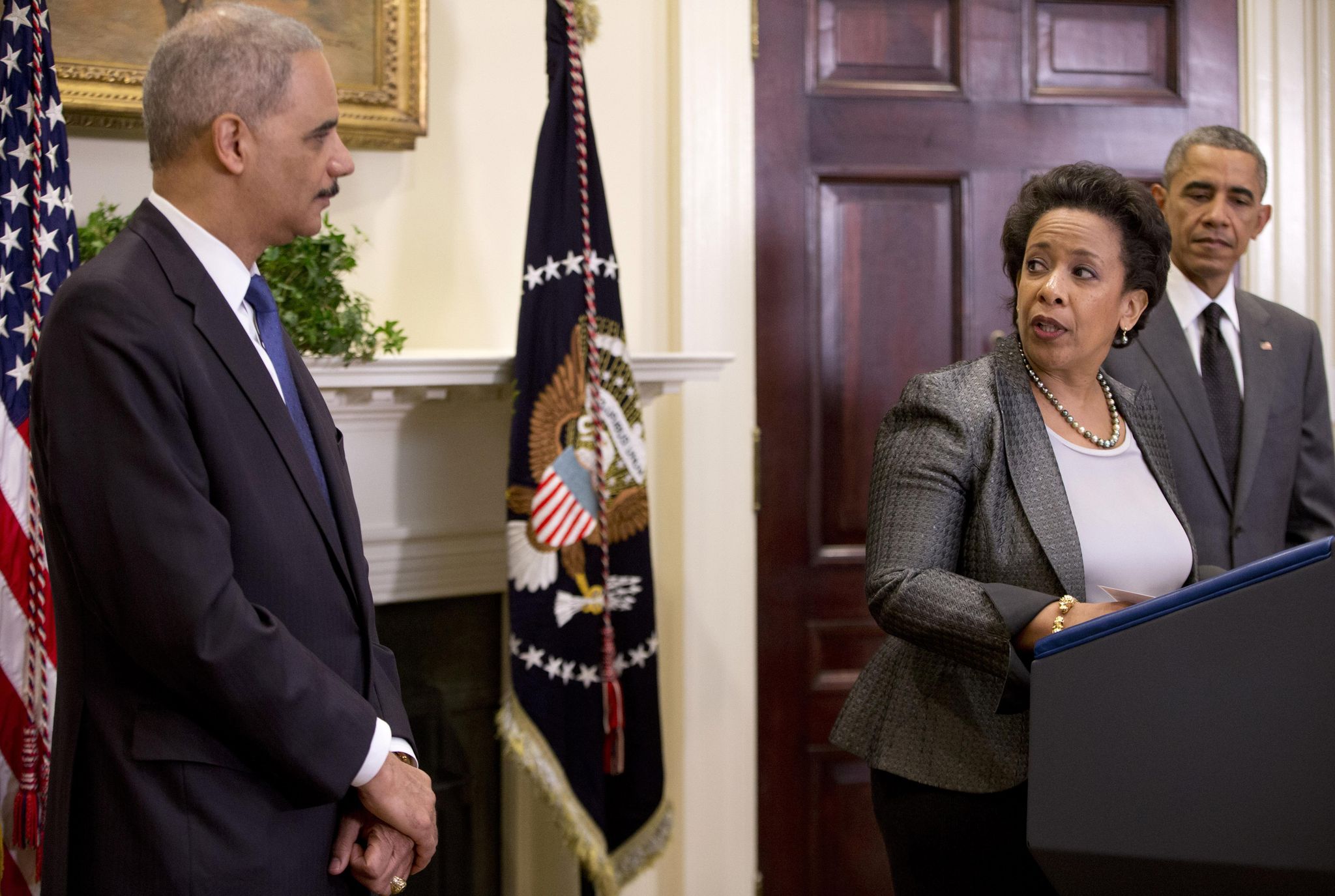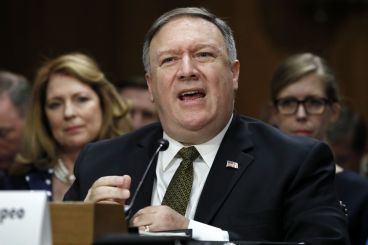
Tucked inside the inspector general’s report on former FBI Deputy Director Andrew McCabe was the story of an August 2016 phone call from a high-ranking Justice Department official who Mr. McCabe thoug
Tucked inside the inspector general’s report on former FBI Deputy Director Andrew McCabe was the story of an August 2016 phone call from a high-ranking Justice Department official who Mr. McCabe thought was trying to shut down the FBI’s investigation into the Clinton Foundation while Hillary Clinton was running for president.
The official was “very pissed off” at the FBI, the report says, and demanded to know why the FBI was still pursuing the Clinton Foundation when the Justice Department considered the case dormant.
Former FBI officials said the fact that a call was made is even more stunning than its content.
SEE ALSO: Justice Department to turn over 2016 election investigation documents to Congress
James Wedick, who conducted corruption investigations at the bureau, said he never fielded a call from the Justice Department about any of his cases during 35 years there. He said it suggested interference.
“It is bizarre — and that word can’t be used enough — to have the Justice Department call the FBI’s deputy director and try to influence the outcome of an active corruption investigation,” he said. “They can have some input, but they shouldn’t be operationally in control like it appears they were from this call.”
Although the inspector general’s report did not identify the caller, former FBI and Justice Department officials said it was Matthew Axelrod, who was the principal associate deputy attorney general — the title the IG report did use.
Mr. McCabe thought the call was out of bounds.
He told the inspector general that during the Aug. 12, 2016, call the principal associate deputy attorney general expressed concerns about FBI agents taking overt steps in the Clinton Foundation investigation during the presidential campaign.
“According to McCabe, he pushed back, asking ‘are you telling me that I need to shut down a validly predicated investigation?’” the report said. “McCabe told us that the conversation was ‘very dramatic’ and he never had a similar confrontation like the PADAG call with a high-level department official in his entire FBI career.”
In a footnote to the report, the inspector general says the Justice official agreed with the description of the call but objected to seeing that “the Bureau was trying to spin this conversation as some evidence of political interference, which was totally unfair.”
Mr. Axelrod, whom the Federal Register and Justice Department documents at the time identified as the principal associate deputy attorney general and whose LinkedIn page says he held that position from February 2015 through January 2017, didn’t respond to repeated requests last week from The Washington Times for comment.
Ron Hosko, a former assistant director at the FBI, wondered if the call to Mr. McCabe was made because Justice Department officials believed he would be more sympathetic than the FBI’s New York field office, which was overseeing the Clinton Foundation investigation.
As the election approached, questions surrounded Mr. McCabe’s objectivity with regard to the Clinton investigation. His wife, running for a state Senate seat in Virginia in 2015, had accepted a nearly $700,000 donation from an organization linked to Virginia Gov. Terry McAuliffe. A longtime Clinton confidant, Mr. McAuliffe chaired Mrs. Clinton’s 2008 presidential campaign.
Mr. McCabe recused himself from the Clinton investigation three weeks before Election Day.
“You run the risk of more publicity by going to the field,” Mr. Hosko said. “If I am that agent and I’ve been told to shut down something I’ve been working on, I’m screaming bloody murder.”
Mr. Axelrod quit the Justice Department on Jan. 30, 2017, the same day President Trump fired his boss, Deputy Attorney General Sally Q. Yates, for refusing to defend his travel ban executive order.
He is now a lawyer in the Washington office of British law firm Linklaters LLP.
In a March 2017 interview with The New York Times, Mr. Axelrod said he left the department earlier than he had planned.
“It was always anticipated that we would stay on for only a short period,” he said of himself and Ms. Yates. “For the first week we managed, but the ban was a surprise. As soon as the travel ban was announced there were people being detained and the department was asked to defend the ban.”
Ms. Yates also didn’t respond to multiple requests for comment from The Times.
Those familiar with Justice Department operations said they don’t believe the principal associate deputy attorney general would have made the McCabe call without consulting with his supervisor, which would have been Ms. Yates.
“In my experience these calls are rarely made in a vacuum,” said Bradley Schlozman, who worked as counsel to the PADAG during the Bush administration. “The notion that the principle deputy would have made such a decision and issued a directive without the knowledge and consent of the deputy attorney general is highly unlikely.”
Hans von Spakovsky, a former Justice Department official who is now a legal fellow at the conservative Heritage Foundation, said the proper chain of command for the Justice Department to follow up on an investigation would involve the head of the Criminal Division, not the PADAG, calling the FBI.
“There is no way I would have ever called the FBI on my own unless I raised concerns with my boss or my boss told me to do so,” he said. “I have a hard time believing this guy did this without consulting with Sally Yates unless he was a complete lone ranger and off the reservation.”
The inspector general is examining the way the FBI and Justice Department handled investigations into Mrs. Clinton during the election.
The report on Mr. McCabe was a separate matter, stemming from questions about a media leak he made to try to protect his reputation, the inspector general said.





